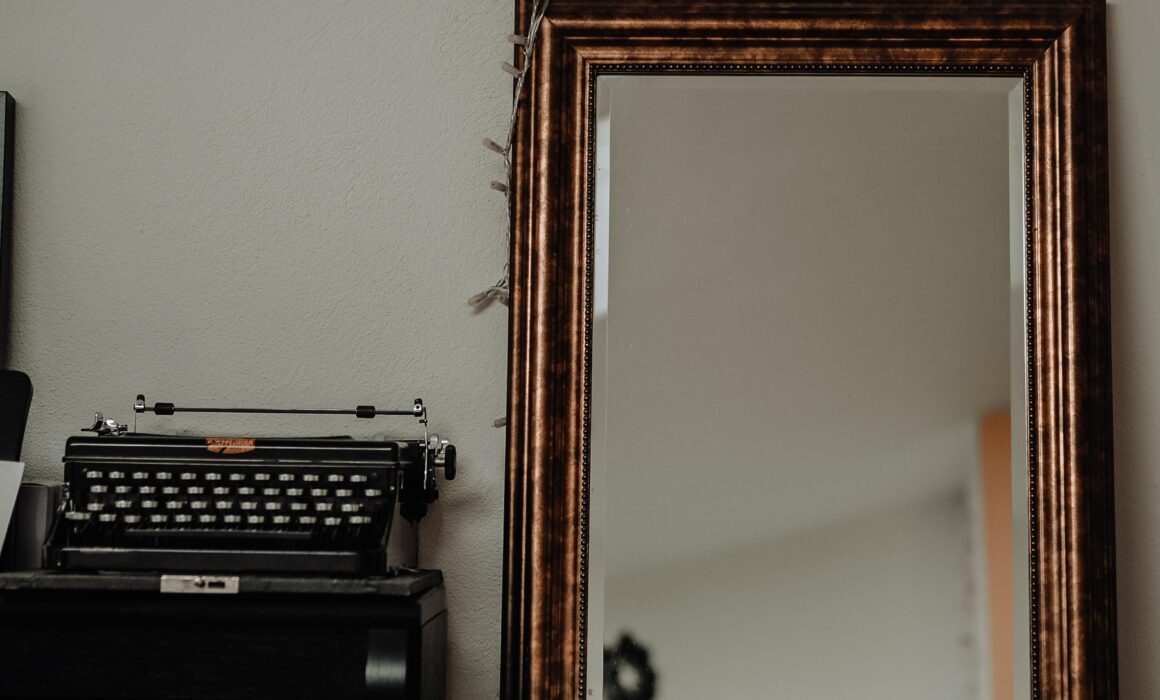We don’t like to see the icky parts of other people because they remind us of the icky parts of ourselves.
Last week I read a Facebook post by an old high school classmate. She wrote about having one of the hardest days she could recall. I felt for her. I knew she wasn’t alone. “I know what that’s like,” I thought to myself. “I’ve had those days too. I’ll have them again. I’m here if you need me.”
But I scrolled right on through my newsfeed without commenting. I couldn’t even summon up a sad emoji for her.
A few seconds later I stopped scrolling and started thinking.
Earlier that day I was on a radio show where I talked about how millennials on social media often portray a pretty image consisting only of the parts of themselves that they aren’t ashamed of. Think of those pictures with your pedicured toes and the crystal clear Caribbean sea as a backdrop, you and a friend smiling beautifully on the fifth take, selfies with the my-life-is-perfect filter.
I know that underneath these updates is often a deep indescribable loneliness, a fear of being incapable of being truly known and loved anyway. The antidote to this shame, I suggested on the show, is knowing that you aren’t alone in feeling these messy feelings.
So why did I empathize in my mind instead of in a way that could actually reach her?
We don’t like to see the icky parts of other people because they remind us of the icky parts of ourselves.
Acknowledging the scary, confused, disoriented feelings other people have means acknowledging our own deep vulnerabilities. That takes courage. It takes a certain strength to admit the shortcomings we all share.
The good news is that building compassion for other people’s messiness helps us extend compassion to our own imperfect selves.
Take care,



